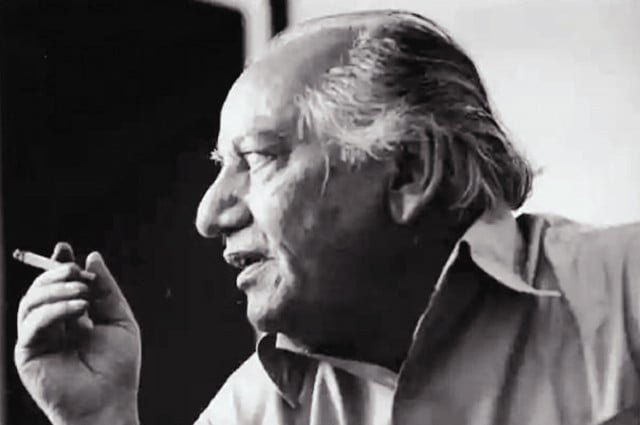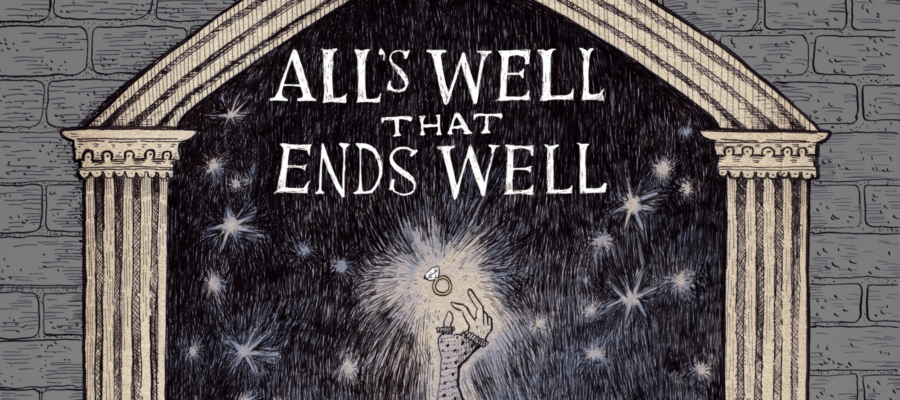Ubaid Sarmad
Faiz Ahmed Faiz, the legendary Urdu poet, wasn’t just a weaver of words; he was a chronicler of the socio-political realities of Pakistan and beyond. His poetry transcended borders, languages, and generations, resonating with anyone yearning for freedom, justice, and love. To critically analyze Faiz’s work is to embark on a journey through the heart and soul of a nation, navigating its triumphs and tribulations.
Love and Resistance: At the core of Faiz’s poetry lies an unwavering belief in love, not just as a personal emotion but as a force for social change. His verses overflow with passionate declarations of love for beloveds, but this love often becomes a metaphor for the struggle against oppression. He writes, “Boond se boond yeh mehktar jism tarasha hai zulm ne/Har zarra is mein ek inquilab chhupa hai” (Every drop of this tormented body has been sculpted by tyranny/Every particle within holds a hidden revolution). Love, in his poems, becomes a weapon against injustice, a flame that ignites the fight for a better tomorrow.
Class and Inequality: Faiz’s poetry is deeply rooted in an understanding of class and its implications. He champions the marginalized, the voiceless, and the downtrodden. His verses echo with the struggles of farmers, workers, and those ostracized by society. In “Dosto, ab rahein kya fasana aaj,” he cries out, “Dosto, ab rahein kya fasana aaj/Jahan mehnat karne walon ka haq loota hai” (Friends, what story should I tell you today/Where the rights of those who toil are plundered). He exposes the inequalities inherent in society, urging for a revolution that uplifts the disadvantaged and dismantles the oppressive structures.
Political Dissent and Freedom: Faiz’s poetry became a powerful tool for political dissent during the tumultuous years of Pakistani history. He faced imprisonment and censorship for his outspoken criticism of authoritarian regimes. Yet, his words refused to be silenced. In “Hum dekhenge,” he wrote, “Hum dekhenge/Yeh zulm ke badal hawayen badlengi/Yeh zulm ke zalim mit jayenge” (We will see/These clouds of tyranny will change/These tyrants of tyranny will vanish). His poems became anthems for resistance, inspiring generations to fight for freedom and democracy.
Beyond Borders and Languages: The beauty of Faiz’s poetry lies in its universality. His themes of love, loss, and hope transcend cultural and linguistic barriers. His verses resonate with readers across the globe, offering solace, inspiration, and a sense of shared humanity. He wrote, “Aaj is dharti par ik naya noor barse ga/Phoolenge aansu jo aaj bikhre hain” (Today a new light will shower on this earth/Flowers will blossom from the tears scattered today). His words paint a picture of a world united in its struggles and aspirations, a world where love and justice prevail.
Please, subscribe the YouTube channel of republicpolicy.com
Faiz’s legacy is not confined to the pages of his poetry books. It lives on in the hearts and minds of millions who find solace and strength in his verses. He remains a beacon of hope for those who fight for a better world, a testament to the power of poetry to challenge injustice and inspire change. His poems continue to resonate as Pakistan undergoes its own political and social transformations, serving as a reminder of the ideals for which the nation strives.
However, a critical analysis of Faiz’s work should also acknowledge certain limitations. Some argue that his focus on love and revolution can sometimes overshadow the complexities of the issues he addresses. His poems, primarily in Urdu, might not be readily accessible to non-Urdu speakers, requiring translation to be fully understood. Furthermore, his association with specific political movements might alienate some readers. Despite these limitations, Faiz Ahmed Faiz remains a towering figure in Pakistani and Urdu literature, and his poetry continues to offer valuable insights into the socio-political realities of the nation and the world beyond.
In conclusion, studying Faiz’s poetry is not merely a literary exercise; it’s a journey into the heart and soul of a nation. His verses offer a window into the hopes, struggles, and triumphs of a people, urging us to fight for a world where love and justice prevail. Through his words, Faiz Ahmed Faiz continues to inspire generations to dream of a better future, a testament to the enduring power of poetry to shape and reflect the human experience.
Please, subscribe to the monthly magazines of republicpolicy.com















